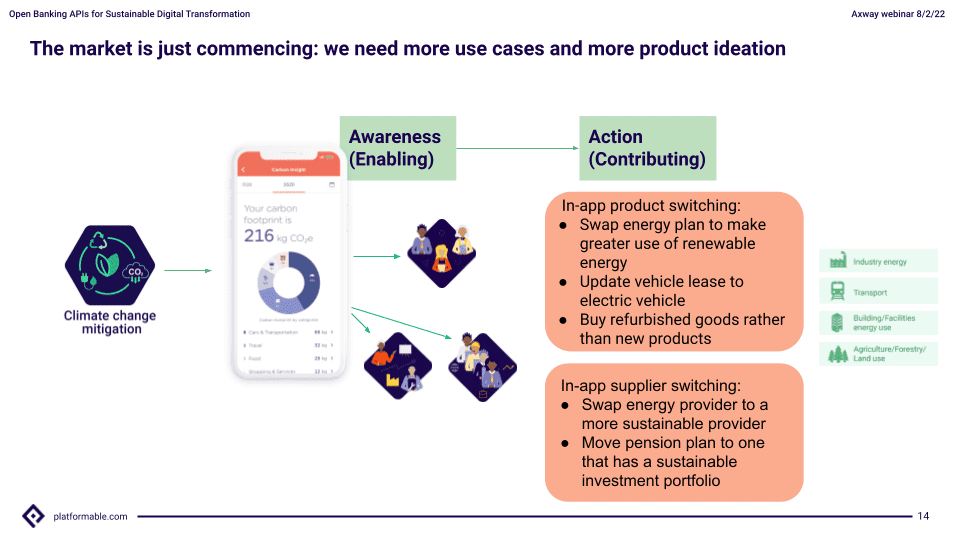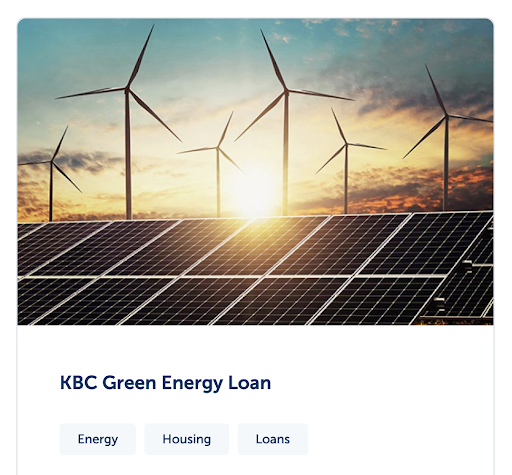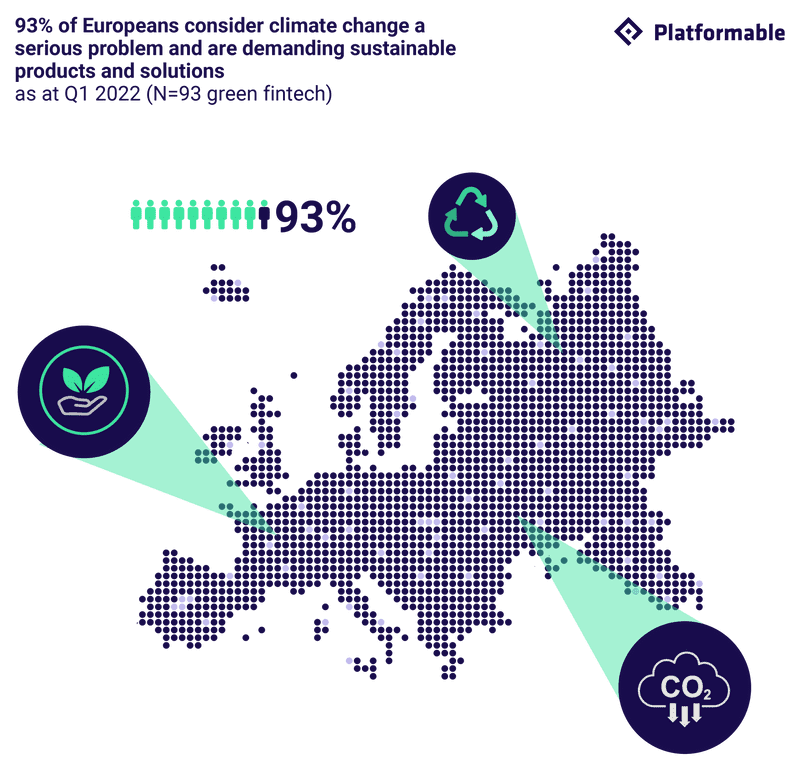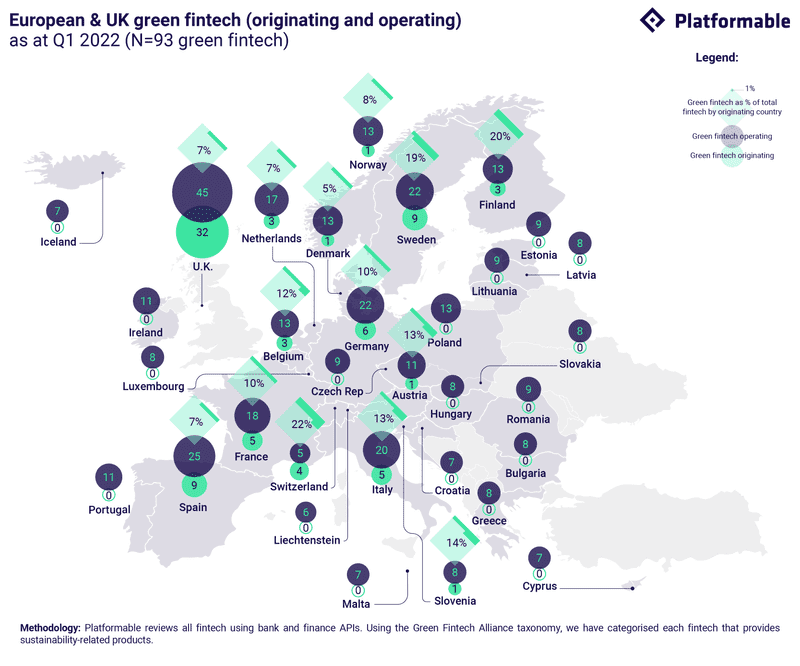An open ecosystem approach to digitalise the EU energy sector
5 min read
Share this article

As part of the European Energy Roadmap to meet the European Green Deal objectives, the European Commission held a public consultation, seeking feedback on best practices for the digitalisation of the Union’s energy sector.
Platformable responded to the consultation to highlight how open ecosystem approaches are the most appropriate for encouraging action on reducing energy consumption and moving to renewable energy sources.
We focused on two facets of the Action Plan: Developing a data-sharing infrastructure and enabling consumer participation.
Developing European data-sharing infrastructure for new energy services with an open ecosystem approach
To create more robust, secure energy infrastructure will require the following open ecosystem components:
- Open standards are more robust and secure than proprietary standards. Proprietary standards create financial and membership barriers for all stakeholders, and therefore smaller players or independent, international enterprises may choose to establish their own standards. This increases complexity and reduces sharing of key information as needed, but also introduces multiple cybersecurity threat vectors. With open standards, whole industry sectors have tested and maintained the standards to prevent new emerging security threats, ensuring there are a diverse set of eyeballs conducting tests.
- Open data models enhance and protect energy infrastructure by enabling common formats and machine-readable approaches to the exchange of data so that alerts and oversight can occur in a timely manner. Critical infrastructure monitoring can be automated and automated alerts systems put in place to identify and respond to threats in real-time when industry sectors make use of common data models.
- Data sharing agreements between public and private stakeholders that balance the need to preserve commercial-in-confidence and industry secrets, while also enabling more shared data between industry and public services to improve monitoring and automation of energy infrastructure.
- Application Programming Interfaces (APIs) create a common technology infrastructure for transmission of data and services in digital environments that are secure, and interoperable. APIs are connectors that establish a contract between the exchange providers. This contract confirms each party’s identity and authority to request and receive information and digital services before information is exchanged.
Adopting APIs is recommended for information exchange to monitor the energy data-sharing infrastructure. Research into supply chain optimisation has for instance found that multi stakeholder, open ecosystem approaches support the creation of shared data models so that data collected in disparate systems can be linked via API and enable automated optimisation to protect critical supply chains.
Enabling consumer participation in the new energy services through APIs
Banks and fintech stakeholders of the open banking and open finance ecosystems are starting to take an active role, offering open APIs that are enabling new sustainability products. However, there is a risk that carbon calculators, for example, focus merely on being informative, rather than driving action. While raising awareness is a necessary first-step, we believe fintech can help move the industry forward by supporting action:
- A carbon calculator like the ones provided by Klarna, PayGreen, EcoCart can be integrated to the retailer’s sales funnel and gives an estimate of the GHG intensity of the purchase, but next we need for APIs to also help surface alternative purchasing options that are more sustainable, for example, surfacing products from sites like Back Market
- Another type of carbon calculator like Enfuce calculates lifestyle carbon footprint impacts by drawing on accounts and payment transactions data via APIs. The next step would be to promote switching such as swapping energy suppliers to a renewable source or purchasing public transport cards, bicycles, or electric vehicles to switch to renewable transport.
These kinds of customer journeys demonstrate the need for more energy, banking, and finance APIs that enable pricing comparison, energy switching, changes in energy consumption behaviours, and energy efficiency enhancement so that, for instance, after seeing your carbon footprint you can seamlessly change to a different plan or different provider.

Belgium’s KBC, for instance, takes a consumer-centric business and design thinking approach to its API product innovation - aiming at offering financial services that are extended to the end-customers’ lifestyle and life journey. KBC Green Energy Loans APIs build on market interest amongst home owners to reduce their carbon footprint. By making the APIs free to use, KBC can generate new loan customers while merchants tend to increase their sales by 20% if customers can access credit at the point of purchase.
Social impacts and potential benefits to startups and SMEs, currently not included as facets of the Action Plan, do count
Potential benefits to startups and SMEs where data systems are opened for the integrated energy sector need to be recognised to allow product innovation. It is crucial to adequately address the potential risks in resource displacement and inequality exacerbation if robust information systems are not in place to address critical infrastructure risks such as those of the energy sector.





